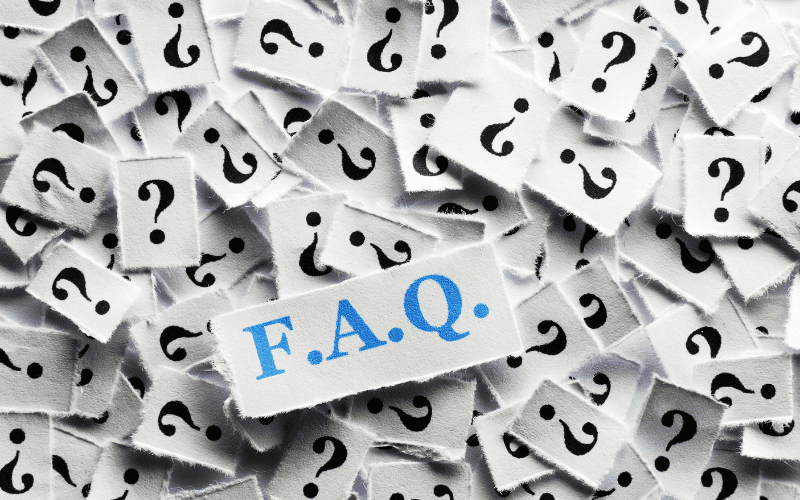FAQ: Frequently Asked Questions About Dementia and High Blood Pressure

1. Are there specific types of dementia that are more related to high blood pressure?
Yes, vascular dementia, the second most common type of dementia after Alzheimer’s disease, has a direct relationship with high blood pressure. Vascular dementia occurs due to reduced blood flow to the brain, often caused by hypertension. However, hypertension also increases the risk of Alzheimer’s disease and mixed dementia, which is a combination of Alzheimer’s disease and vascular dementia.
2. Is there an optimal blood pressure level to reduce the risk of dementia?
While the ideal blood pressure can vary depending on individual health circumstances, generally, a blood pressure reading of less than 120/80 mm Hg is considered ideal. Keeping blood pressure within the recommended range can reduce the risk of hypertension-related complications, including dementia.
3. Are there any early warning signs to watch for that might indicate a link between my high blood pressure and the onset of dementia?
While there might not be any direct warning signs, any cognitive changes such as memory loss, confusion, trouble completing familiar tasks, or changes in mood and personality could be potential early signs of dementia and should be brought to a healthcare provider’s attention.
4. Can I reverse the effects of high blood pressure on the brain if I bring my blood pressure back to a normal range?
While high blood pressure can cause damage to the brain’s blood vessels over time, some of this damage might be reversible if blood pressure is brought under control. However, severe or prolonged hypertension might cause permanent damage. Therefore, it’s essential to manage hypertension effectively and promptly.
5. Can children and young adults with high blood pressure be at risk for early dementia?
Hypertension in young adults and even children could potentially increase the risk of cognitive decline and dementia later in life. Therefore, it’s crucial to manage and monitor blood pressure at all ages. This further emphasizes the importance of a healthy lifestyle from a young age.
Conclusion: The Overarching Influence of High Blood Pressure on Dementia
In understanding the complex association between high blood pressure and dementia, we untangle a wealth of knowledge that underscores our health’s interconnectedness. This comprehensive examination of fifteen key facts reveals how an everyday condition like hypertension can have a profound impact on our cognitive health, highlighting the need for effective blood pressure management strategies.
The link between high blood pressure and dementia isn’t merely one of correlation but of causation. Hypertension inflicts damage to the brain’s blood vessels, fostering an environment conducive to cognitive decline. The recognition of hypertension as a risk factor for dementia in mid-life and its protective role in later life illuminates the subtle intricacies of this relationship.
The potential of antihypertensive medication in mitigating dementia risk has opened up new avenues in dementia prevention strategies. However, it’s clear that the approach to dealing with these two conditions cannot be unilateral. Instead, it demands an integrated healthcare approach that acknowledges the myriad factors at play, including the role of genetics and other associated conditions like kidney disease.
By offering a deep dive into these facts, we move towards a more nuanced understanding of the hypertension-dementia relationship. It brings to the forefront the significance of whole-body health, encouraging proactive lifestyle modifications. From the paradoxical role of blood pressure in late life to the promise of antihypertensive drugs in dementia prevention, each aspect is a piece of a larger puzzle.